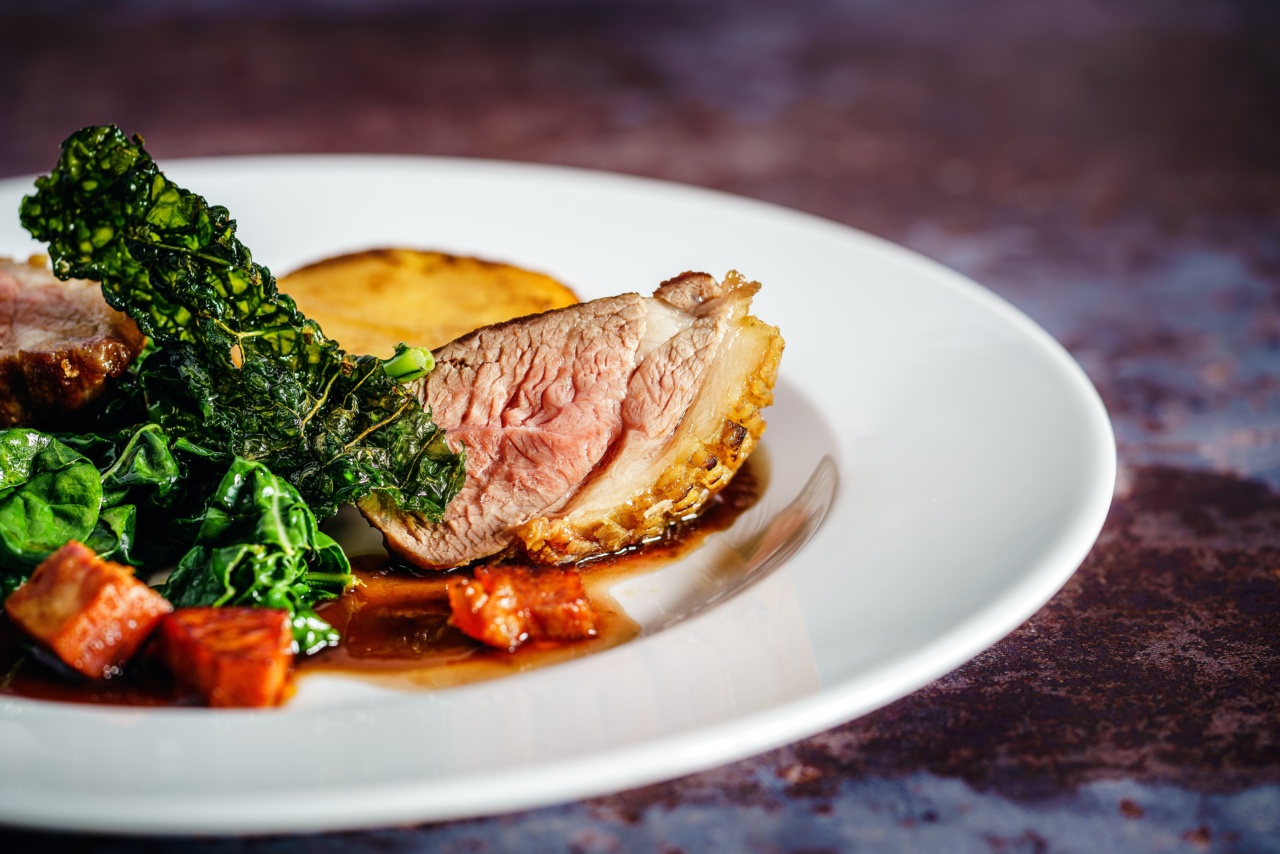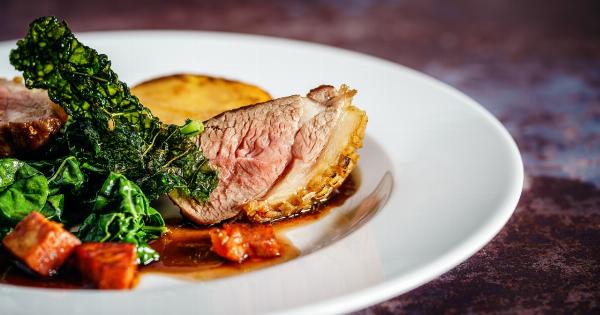Red meat is an important source of nutrients such as protein, iron, and vitamin B12. However, several studies have discussed the impact of its consumption on the risk of breast cancer.
Breast cancer is the most commonly diagnosed cancer among women worldwide, and several factors can contribute to an increase in its risk. One factor that has caught the attention of researchers is a high intake of red meat. This article will examine the link between the consumption of red meat and the risk of breast cancer.
What is red meat?
Red meat refers to meat that comes from the muscle of mammals and includes beef, pork, and lamb. It is widely consumed across the world and plays an essential role in the diets of many people.
Red meat is a great source of various vitamins and minerals, including iron, zinc, and niacin. It contains high-quality protein, which is necessary for the growth, repair, and maintenance of body tissues.
However, red meat has been widely debated over the past decade as some researchers have linked it to several health concerns such as heart disease, stroke, and cancer.
What is breast cancer?
Breast cancer is a type of cancer that originates in the breast tissue. It can affect both men and women, but it is more common in women. Breast cancer is the leading cause of cancer-related deaths among women worldwide.
It develops when breast cells grow uncontrollably, forming a tumor that can invade nearby tissue and spread to distant parts of the body. Some of the factors that can increase the risk of breast cancer include age, family history, early onset of menstruation, late menopause, and exposure to certain chemicals and radiation.
What does the research say about red meat and breast cancer risk?
Several studies have explored the relationship between red meat consumption and the risk of breast cancer.
A meta-analysis published in the International Journal of Cancer in 2015 combined data from 15 studies and found that a high intake of red meat was associated with an increased risk of breast cancer. The study showed that women who consumed the highest amount of red meat had a 7% higher risk of developing breast cancer than those who consumed the least amount of red meat.
Another study published in the Journal of the National Cancer Institute in 2006 found similar results.
The study reported that women who consumed the most red meat had a 25% higher risk of developing breast cancer than women who consumed the least amount of red meat.
However, not all studies have shown a clear link between red meat consumption and breast cancer risk.
A study published in the Journal of the American Medical Association in 2006 found no significant association between red meat consumption and the risk of breast cancer. The study analyzed data from over 90,000 women over a period of 20 years and found that the intake of red meat was not a significant factor in breast cancer diagnosis.
Why might red meat increase the risk of breast cancer?
The exact reasons why red meat consumption may increase the risk of breast cancer are still not entirely clear. However, several theories have been proposed.
One possibility is that red meat contains compounds that can damage DNA and promote the development of cancer cells. Hemoglobin and myoglobin are present in red meat, and these compounds can produce nitrites and nitrosamines when cooked at high temperatures. These compounds have been shown to be carcinogenic in animal studies.
Another theory is that the high iron content of red meat can contribute to the development of cancer cells. Iron is an essential nutrient, but excessive amounts can cause oxidative stress and DNA damage, leading to the development of cancer.
Some researchers have also suggested that the high animal fat content of red meat may play a role in increasing the risk of breast cancer.
What are the recommended guidelines for red meat consumption?
The World Health Organization (WHO) has recommended that individuals limit their intake of red meat to reduce the risk of cancer. The WHO has classified processed meat as a Group 1 carcinogen, meaning that it is a known cause of cancer.
Red meat is classified as a Group 2A carcinogen, meaning that it is probably a cause of cancer.
The American Cancer Society suggests that individuals consume no more than 18 ounces of cooked red meat per week to reduce the risk of cancer. They also recommend avoiding processed meats such as bacon, sausage, and hot dogs.
Conclusion
The link between red meat consumption and breast cancer risk is a complex issue, and more research is needed to fully understand the relationship between the two.
However, several studies have shown that a high intake of red meat can increase the risk of breast cancer. Individuals should follow the recommended guidelines from the World Health Organization and the American Cancer Society and limit their consumption of red meat to reduce the risk of cancer.



























